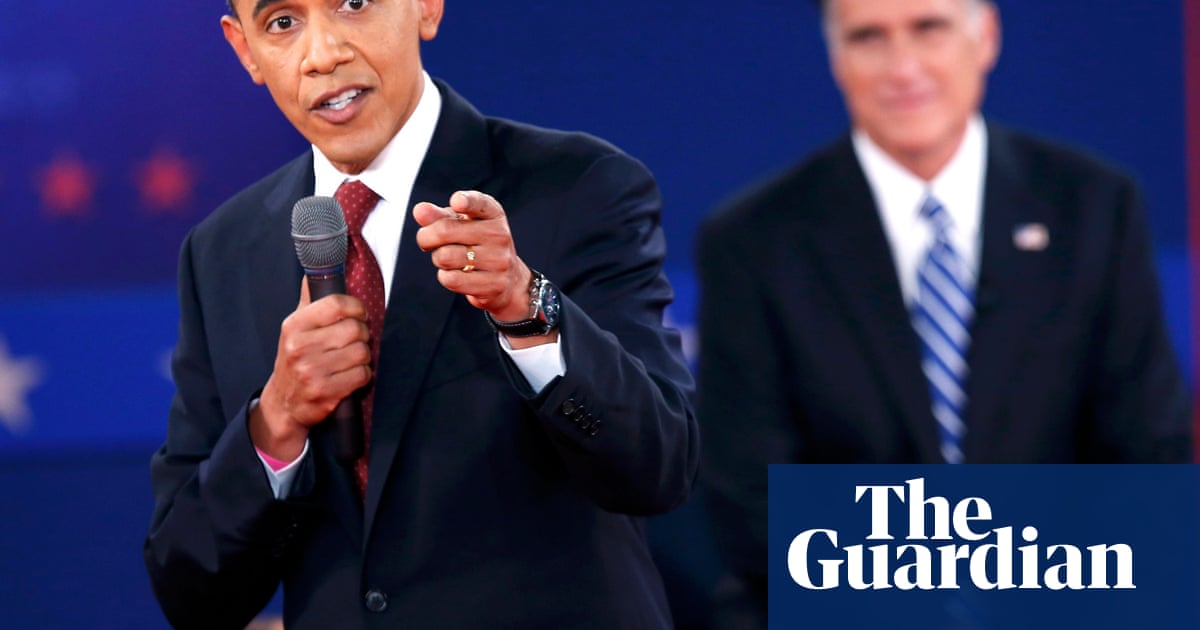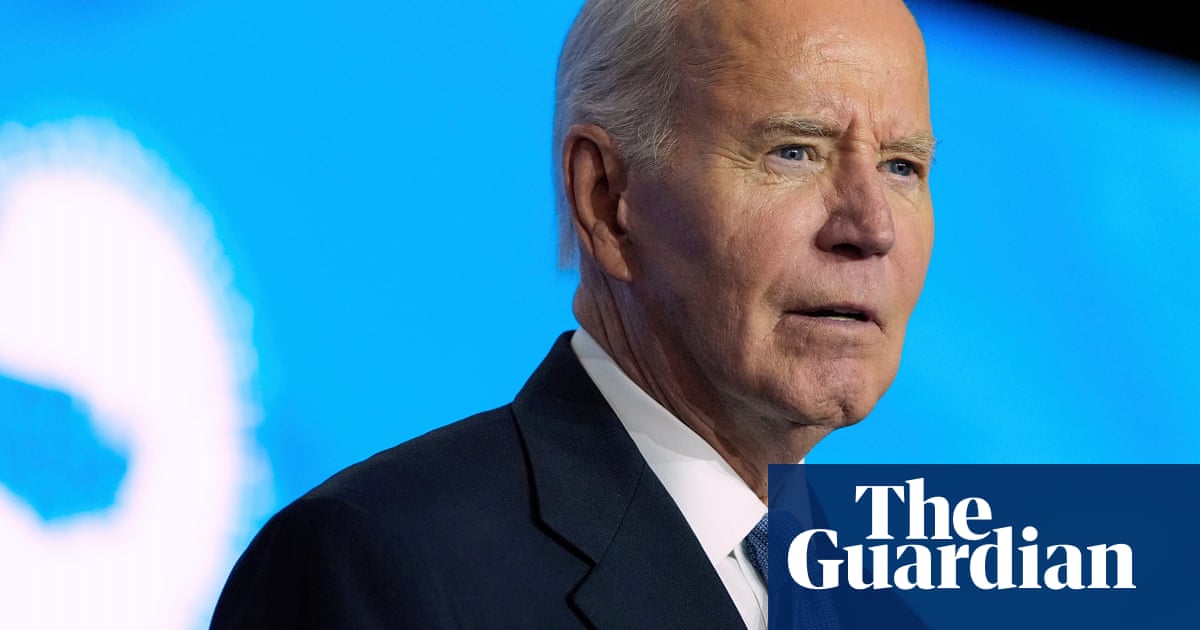Emmanuel Macron’s troubled second presidential term was already set to go down as one of the most turbulent in the history of France’s Fifth Republic. A succession of prime ministers have come and gone at dizzying speed. A snap election last July, foolishly called by Mr Macron in the hope of seeing off Marine Le Pen’s far right National Rally (RN), almost catapulted it into power. None of that drama, however, remotely rivalled the coup de theatre delivered on Monday in a courtroom rather than a voting booth.
The decision by Paris judges to bar Ms Le Pen from standing for office for five years, having found her guilty of embezzling public funds while an MEP, has spectacularly shaken up a political landscape dominated by the far-right threat. Ahead of presidential elections in 2027 – in which Mr Macron cannot run – Ms Le Pen had become the candidate to beat, using her experience to exploit deepening discontent with the political mainstream. In a genuine bombshell moment, it now seems likely that a replacement – probably her youthful protege, Jordan Bardella, who is yet to turn 30 – will be obliged to step in.
At a time when the rule of law is being undermined by populist leaders who view an independent judiciary as a threat, the judges’ verdict has drawn a necessary and salutary line in the sand. Although she will appeal against the ban, Ms Le Pen was caught bang to rights. Showing characteristic contempt for the European Union’s institutions, as well as taxpayers’ money, she and her cronies illegally siphoned off about €4.5m (£3.8m) to fuel their party’s domestic rise between 2004 and 2016. A fake jobs system, with Ms Le Pen at its heart, facilitated embezzlement on an industrial scale. Beginning after her election as an MEP and continuing once she became party leader, it merited exemplary punishment.
The political consequences of the court decision, although undoubtedly seismic, are harder to read. The fines imposed on the RN will do serious damage to its finances and ability to campaign. But inevitably, a martyrdom narrative will now be deployed to bolster the far right’s anti-establishment credentials. In the immediate aftermath of Ms Le Pen’s ban, Mr Bardella duly lamented that French democracy had been “executed” by an “unjust” verdict. Amid assorted messages of far-right solidarity, Elon Musk was predictably to the fore, echoing the same theme.
Among sections of an electorate that already take a highly jaundiced view of governing elites, playing the victim could produce political dividends. But those charged with delivering justice in liberal democracies cannot be concerned with such calculations. The current level of Ms Le Pen’s political support does not place her above the law, and nor was it appropriate for it to play any part in the reasoning of the judges. A leader willing to facilitate systematic corruption in political processes for more than a decade deserves to forfeit the right to seek the honour of her country’s highest office.
More plot twists are certain. It is still possible, though unlikely, that a successful series of appeals will allow Ms Le Pen a way to get back into the presidential race. If, on the other hand, the leading member of Europe’s most notorious far-right dynasty has blown her chance of power, she only has herself to blame.

.png) 1 month ago
31
1 month ago
31

















































